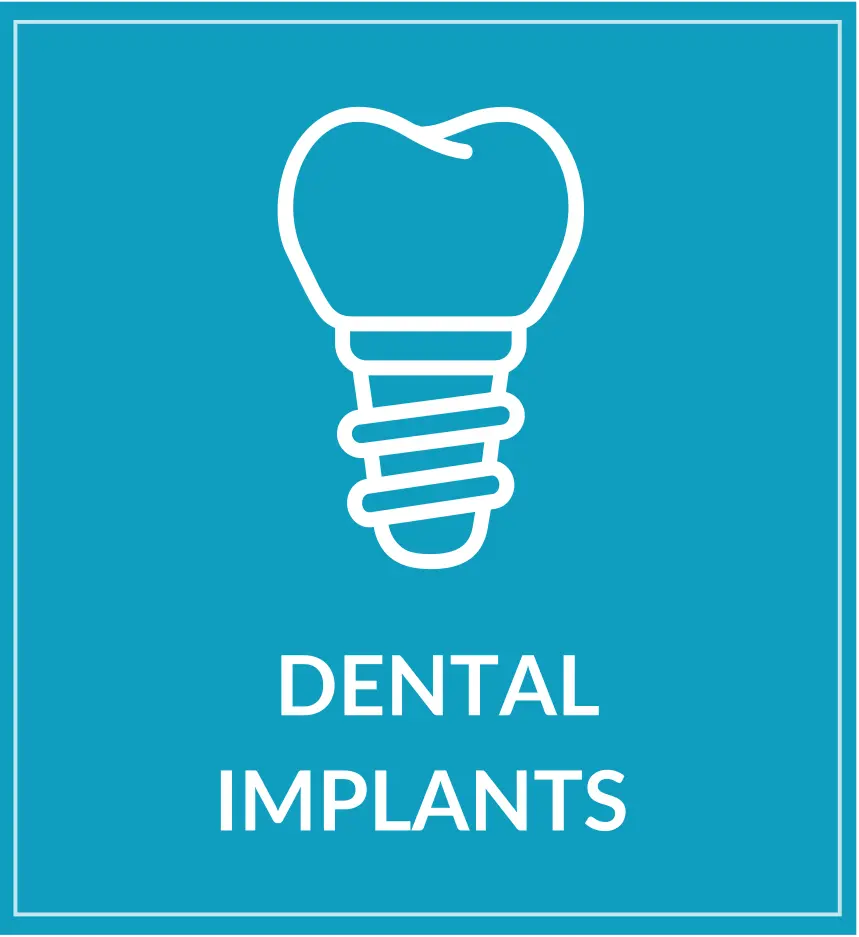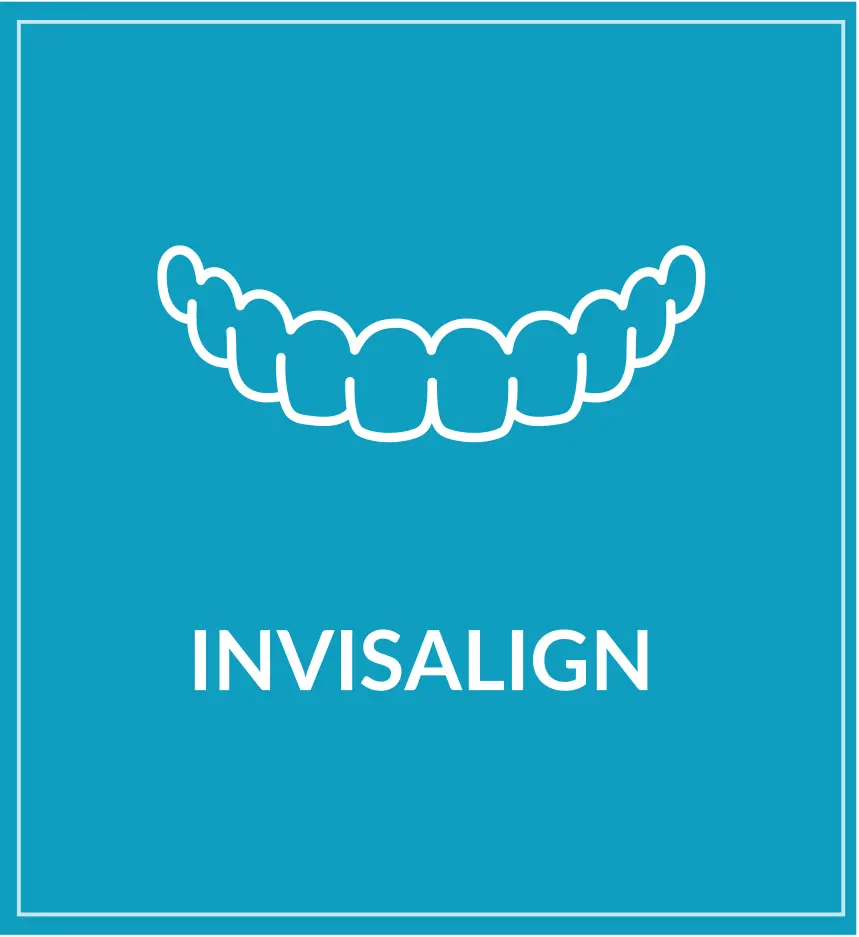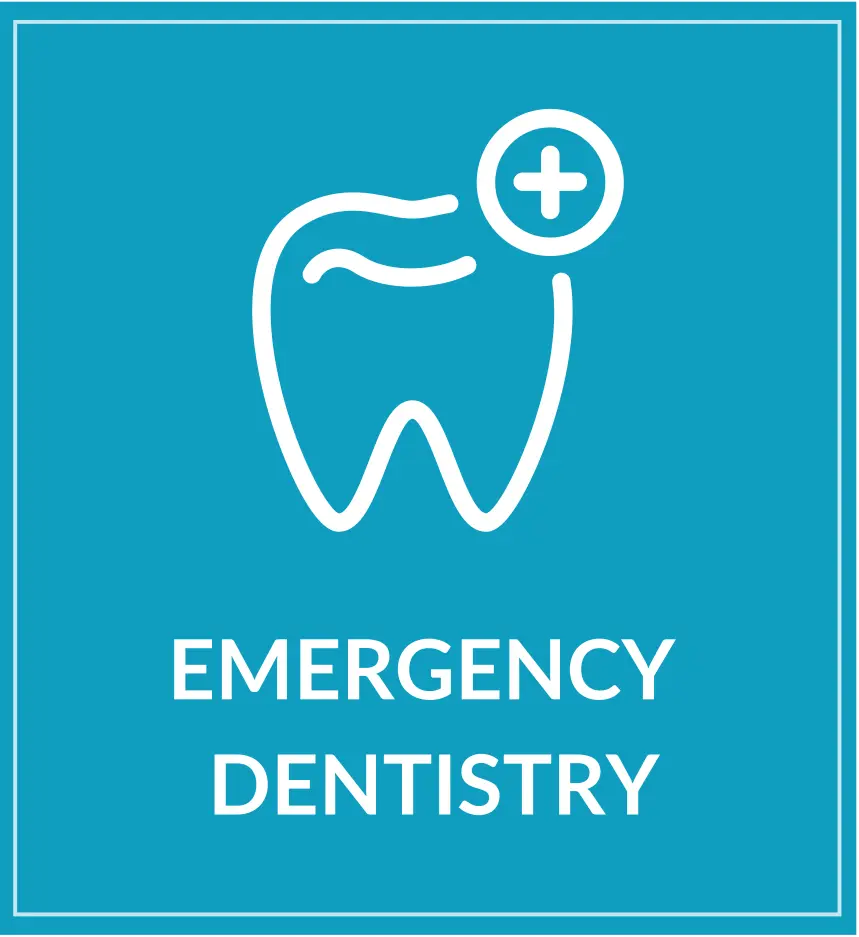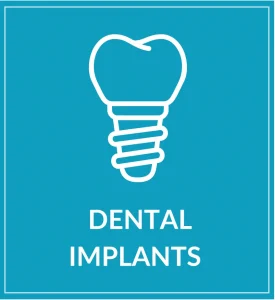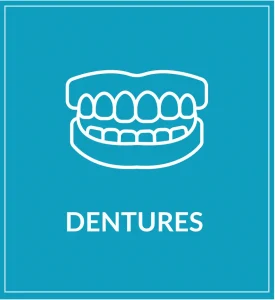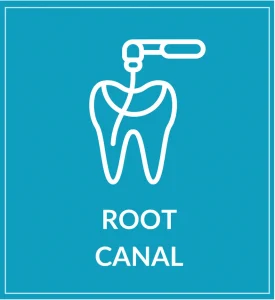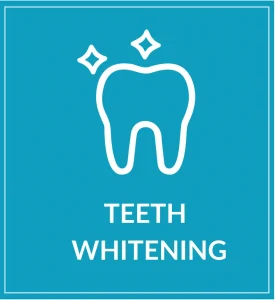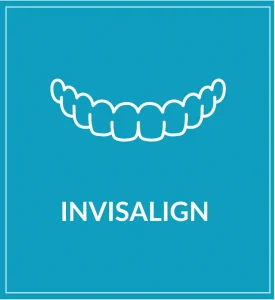At Higher Ground Dentistry, our team delivers comprehensive modern dental care to patients throughout Upland, CA. Our full-service dental practice provides complete oral health solutions, ranging from preventive education and routine dental hygiene services that help minimize future dental complications to specialized cosmetic and restorative treatments that address existing dental concerns.
Whether you need routine dental checkups, advanced cosmetic dentistry procedures, or restorative dental care, Higher Ground Dentistry serves as your trusted neighborhood dental headquarters in the Upland community. Our dedicated team is committed to delivering exceptional dental care that you and your family can rely on for optimal oral health.
This website provides essential information about our Upland dental practice and the comprehensive dental services we offer to our patients. To learn more about Higher Ground Dentistry or to discover how our personalized dental care can benefit you, please Schedule Your Appointment online or contact us directly at 909-946-9090. We're conveniently open Saturdays and Sundays for your scheduling flexibility!
What our patients say

Dr Wheeler and his Team are very kind, caring and professional. Thank you all for taking such great care!
My whole family now comes to Higher Ground Dentistry. Thank you for your great care, and always being there when needed. 👍
I had a very very bad experience from last dental clinic, it’s very hard for me to trust any dental office . So I came in for a second opinion and was truly impressed by how helpful the team was. They took the time to answer all of my questions with patience and honesty and professional . The dentist took time to explain everything clearly and made sure I understood everything . They even told me what exactly I need to do can solve my current problem and what kind of treatment I don’t need to do in the future ,so I won’t get rid off again. They were also incredibly helpful in arranging my referral appointment as early as the next day. You have no idea how helpful they were, I really appreciated their patience and helpful!!!It’s not easy to find a dental office where you feel truly cared for, respected ,honest, but this place exceeded my expectations. Highly recommend to anyone looking for trustworthy and helpful dental care!!!


